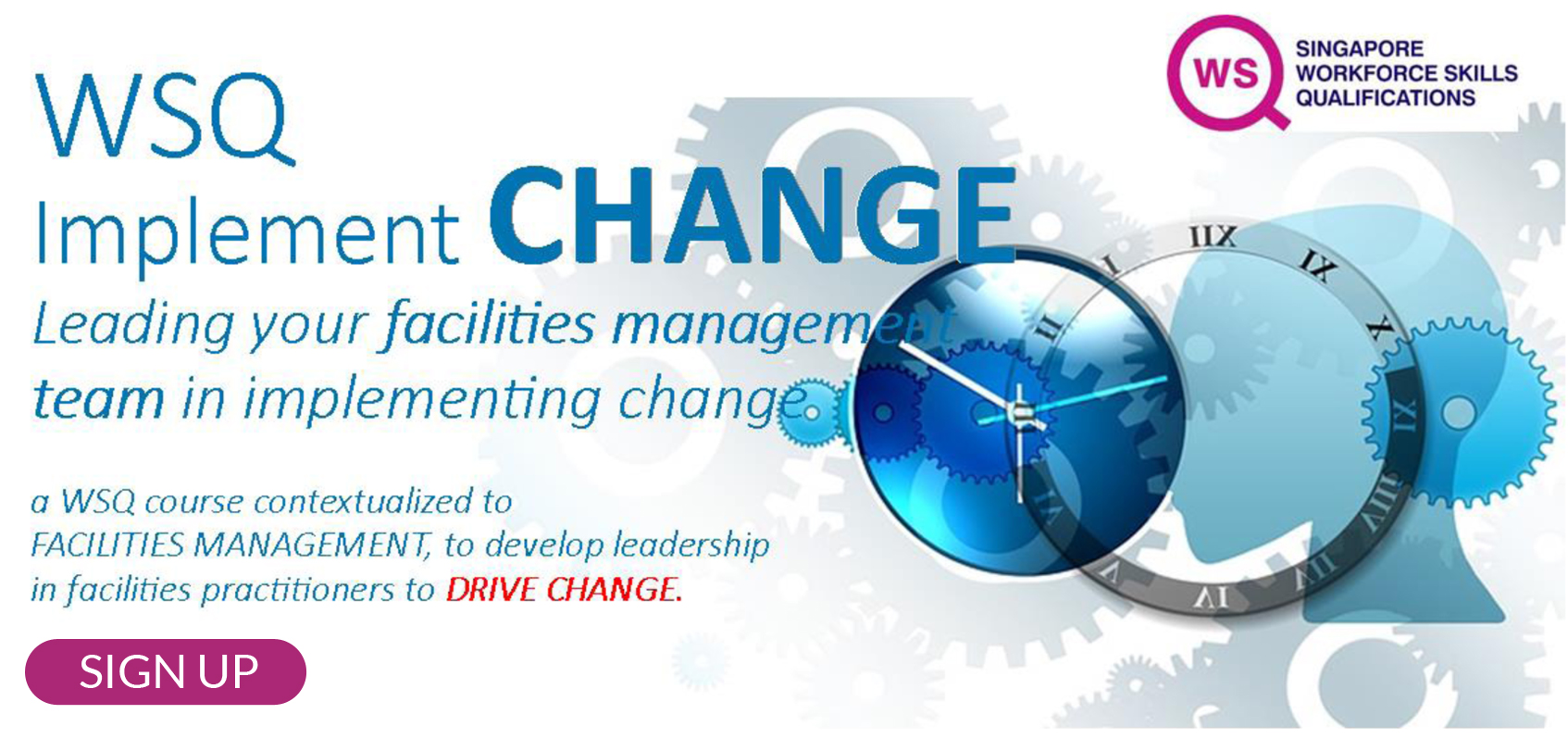
A Service Level Agreement (SLA) is a negotiated communication process that guides an FM function and its Service Provider to build a trusting relationship by discussing and documenting service expectations, clarifying responsibilities, and creating an objective basis for assessing service delivery performance.
My objective for this article is to offer a guide to help FM practitioners to succeed in establishing, implementing, and operating an SLA by creating an FM-SLA to achieve a win-win relationship.
To achieve a win-win relationship between a Demand Organisation and its FM Service Provider, both parties need to:
- start with a mindset and behavior of partnership, to achieve results that benefit both parties;
- clarify the terms and conditions of the services delivery and their targets
- provide avenues for making service changes;
- express their expectations in achieving the shared goals;
- define responsibilities so that everyone knows what needs to be done and who is doing what.
For an FM-SLA to benefit both the Demand Organisation and the FM Service Provider, the process of creating and operating the SLA must be collaborative. Both parties must have the right to feedback in the process and in presenting their perspectives.
If both parties have not agreed to it, it is not an agreement!


